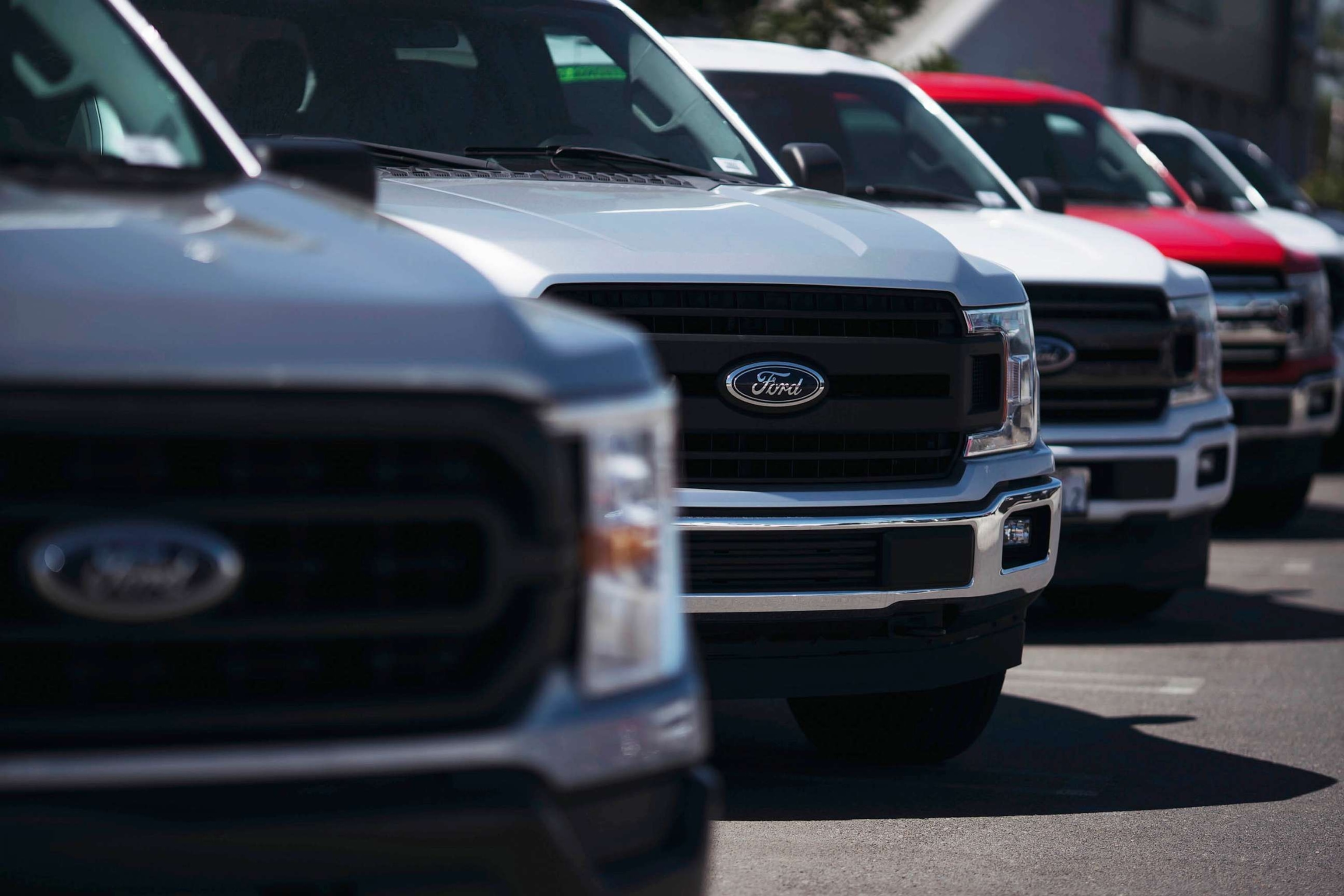Car insurance rates to rise 8.4% in 2023: Report
The average cost of full coverage car insurance will be $1,780 a year.
As cooling inflation offers consumers much-needed relief, many car owners are in for a rude awakening when insurance renewal arrives this year, a new report found.
Car insurance rates are expected to increase by 8.4% across the U.S. in 2023, the largest rate increase in six years, according to the report from research firm ValuePenguin.
The average cost of full coverage car insurance is expected to be $1,780 per year, but rates will vary dramatically between states, the report found.
In Michigan, the state with the highest average price, car insurance will cost $4,788 a year. In Vermont, the state with the lowest average price, car insurance will cost $1,104, the report said.
Vehicle owners in 45 states will see their rates increase by at least 1%, with rates jumping the most in Illinois, Arizona and New Hampshire, the report said. The states that will experience a rate increase below 1% include California, Hawaii, Vermont and Wyoming.
Car insurance companies Geico, Progressive and State Farm did not immediately respond to a request for comment.
The significant nationwide price jump owes to a return to driving patterns resembling pre-pandemic life, as many workers come back to offices and families resume travel, said Divya Sangam, an insurance spokesperson at LendingTree, the parent company of Value Penguin.
"When more people are driving, you have more accidents and a higher volume of claims and that raises insurance rates," Sangam told ABC News.
The effect of an elevated volume of claims has been exacerbated by the heightened cost of car repairs since a supply chain bottleneck continues to raise the cost of auto parts. A worker shortage adds labor costs too, Cate Deventer, an insurance writer and editor at Bankrate, told ABC News.
Meanwhile, an uptick in medical costs has heightened the amount that insurance companies pay to cover accident-related injuries, she added.
"Inflation is hitting everything across the board," Deventer said. "It drives up the cost of claims."

The price of a new car has surged nearly 8% over the past year, while the cost of tires and auto parts have jumped more than 10%, government data shows.
The pandemic-related price pressures tied to pent up demand and supply shortages arrive roughly three years after the outbreak of the coronavirus. The average car insurance rate jumped only 1.3% last year, the report found.
"We were surprised that it took so long for premiums to increase," Sangam said. "This has been a little overdue."
The prevalence of extreme weather events makes up another key driver of the insurance price increase, Sangam said.
"With climate change, the biggest story tends to be around homes getting destroyed," she said. "But in reality, when there’s a massive flood, like in California right now, cars get destroyed. And with weather damage, we're talking about cars getting totaled."
The rise of electric vehicles has also contributed to the price spike, since insurance costs total about 28% more for electric vehicles than gas-powered ones, the report said.
The financial pain for car owners will likely prove temporary, Sangam said, predicting that the price increases would slow in the coming years as inflation softens further and the cost of car parts declines.
"It’s not going to rise at the same clip as it has this year," she said.
Deventer cautioned that a slowdown in rate increases next year will depend on the easing of supply chain bottlenecks and a further cooling of inflation.
"It’s hard to say because we don’t know what’s going to happen with the economy," she said.




